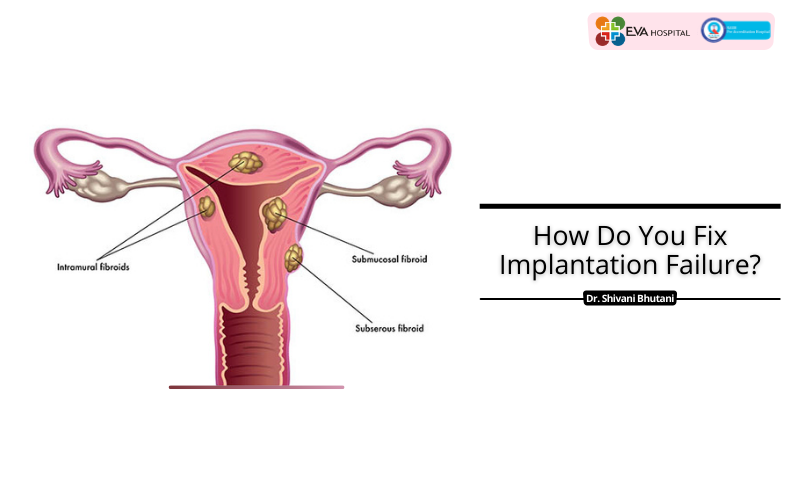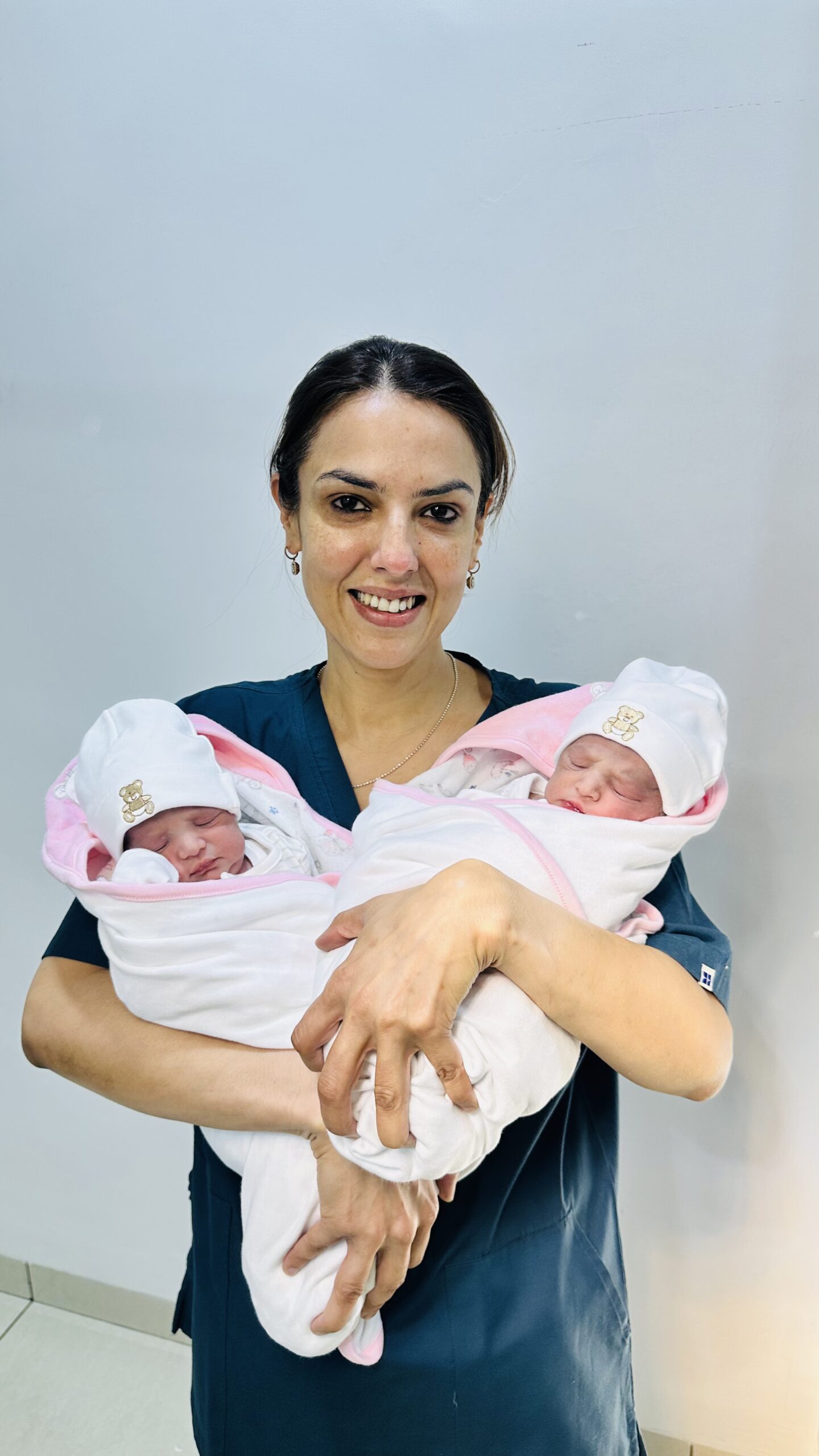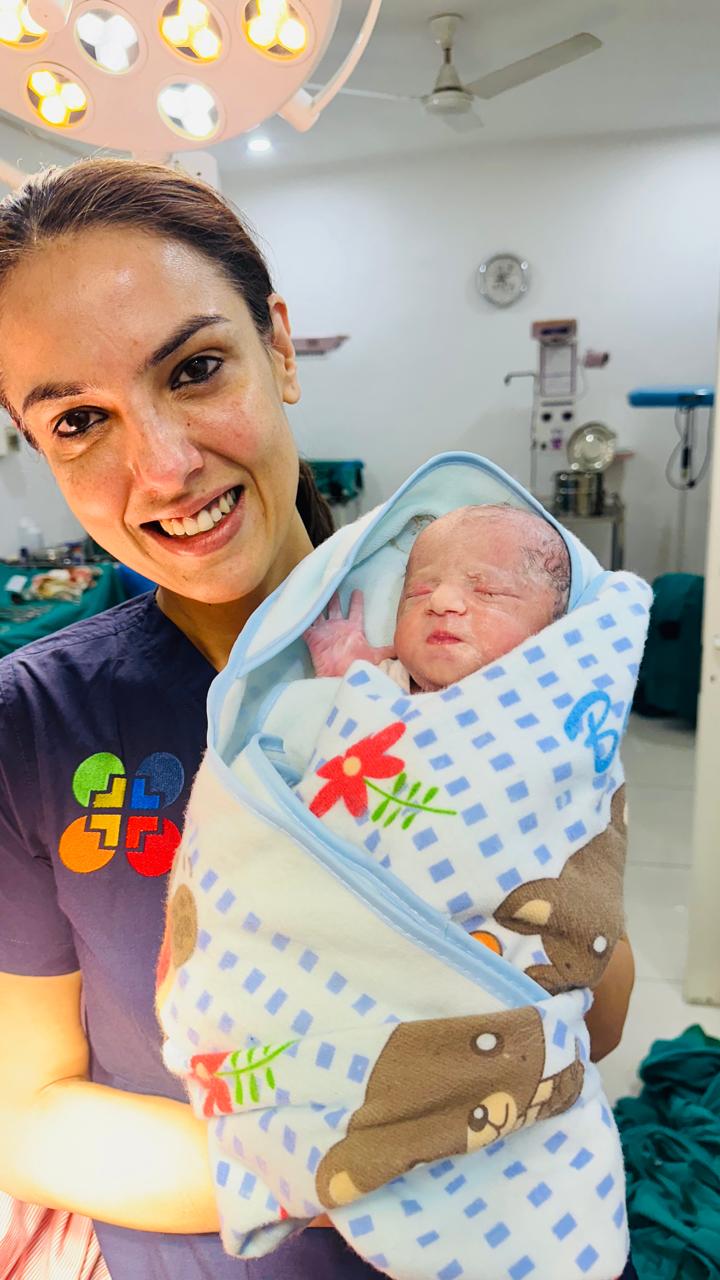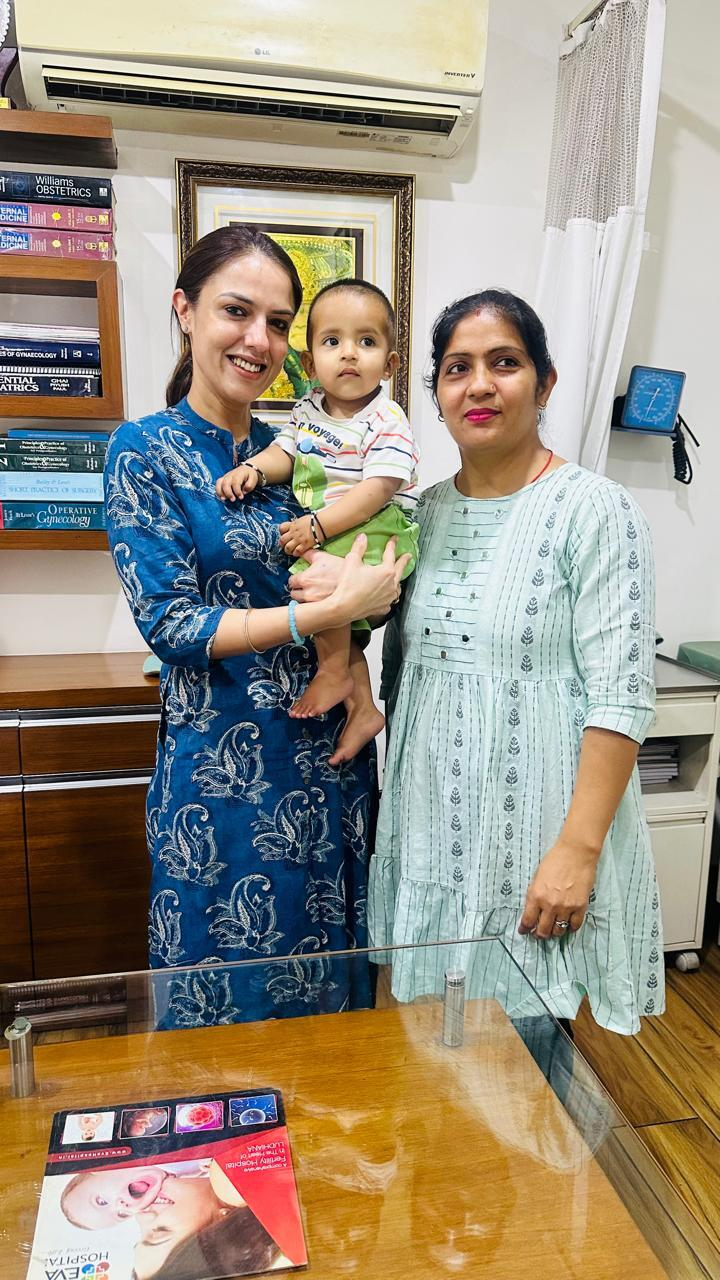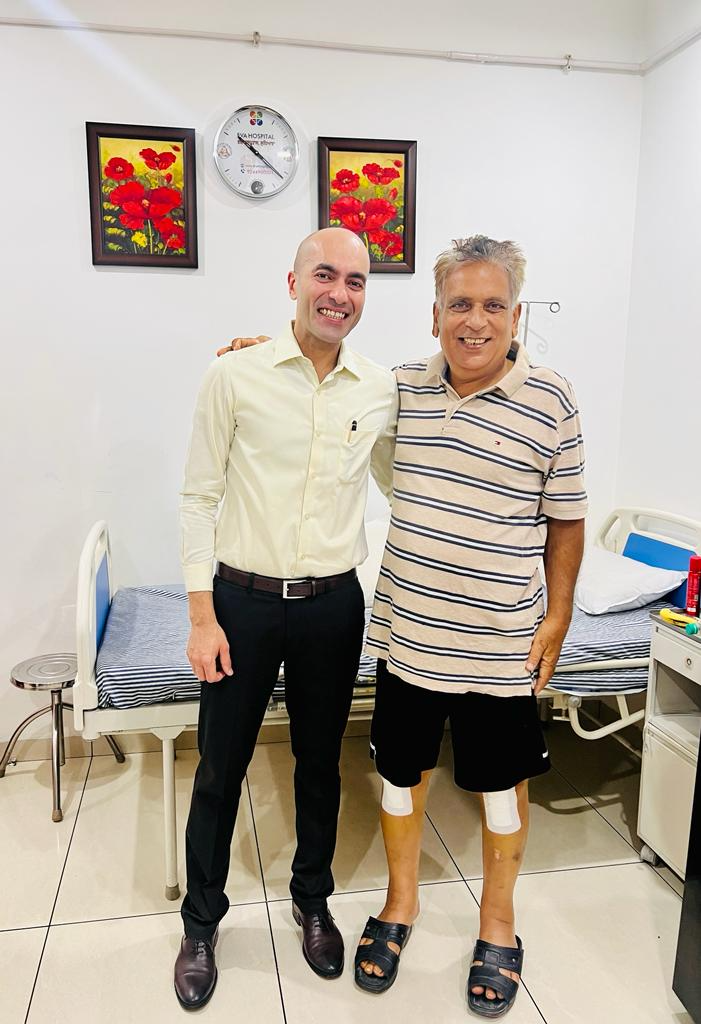IVF or in-vitro fertilization, is an assisted reproductive technique that helps couples with fertility problems have children. Combined with ICSI, it is a fairly successful infertility treatment worldwide. Embryo implantation is the final step in IVF.
Even as everything goes right, it may sometimes happen that the embryos do not attach to the uterus or develop to full term.
The causes of implantation failure are varied. Experienced fertility specialists are aware of these circumstances. They also keep abreast of the latest research and implement related techniques to successfully complete the cycle with a healthy pregnancy.
As Dr. Shivani Bhutani, Fertility Specialist at Eva, shares, “The final stage of the IVF cycle largely depends on biological factors rather than techniques. Nonetheless, every variable must be screened meticulously to make sure that implantation is successful and everybody gets a favorable chance to have a child.
At Eva Infertility Centre, we carry out thorough preliminary tests to prevent implantation failure from happening.”
Understanding Embryo Implantation Failure
The process of implantation ensues when the egg and the sperm are combined in the laboratory for fertilization, usually during the IVF procedure. From this union, an embryo is formed. This is then transferred to the uterus of the female on the 3rd to 5th day of the cycle.
The blastocyst then interacts with the lining of the uterine cavity called the endometrium. A successful interaction If the endometrium accepts, it makes the blastocyst attach to the wall.
However, for some couples, seemingly normal embryos fail to attach to the uterus and develop into a fetus. Understanding the various possible causes aids in preventing future recurrence.
Causes of Implantation Failure
Many known and unknown factors are responsible for an embryo not developing into a fetus.
Biological reasons are mainly maternal uterine aberrations, hormonal or metabolic syndromes, afflictions, immunological components, and thrombophilia, among other uncommon conditions.
The causes of implantation failure can be divided into three areas.
- Problem with the embryos
- Problems with the uterus
- Problems in the interaction between embryo and uterus.
Factors causing the above issues can be attributed to:
- advanced maternal and paternal age,
- genetic potential of an embryo
- autoimmune factors
- hormone abnormalities
- obesity
- smoking, alcohol, and drugs
If the conditions repeat in more than one IVF cycle for a couple, it is called Recurrent Implantation Failure or RFI. RFI is attributed to many other lesser-known factors too.
Investigations to Prevent IVF Implantation Failure
Various tests are performed in a normal non-IVF menstrual cycle to ascertain successful implantation of the embryo.
Uterus Evaluation(HSG)
HSG is the most important test that should be done prior to embryo implant. The test evaluates the uterus, its environment, and the fallopian tubes. Blocked fallopian tubes lower the chance of conception by half.
Endometrium Evaluation
The endometrium is the inner wall of the uterus that attaches the embryo to itself. The Endometrial Receptivity Assay (ERA) is a test that evaluates the receptivity of the endometrial wall. It is a useful test that determines and grades its receptivity on a particular day in the menstrual cycle.
Fertility specialists can then choose those days for transfer. Embryos can be frozen and transferred, taking into account the dose of hormones given before the transfer.
Genetic Screening
Causes of implantation failure are most related to the embryo or blastocyst itself. In the “fertilization” step of IVF, several eggs are fertilized in vitro. Out of all the blastocysts developed, the ‘best ones are chosen for transfer after a screening test. In simple terms, this test is like a biopsy.
Cells are extracted from a developing embryo and tested for chromosomal composition. Healthy and genetically normal cells have a higher success rate of pregnancy and lower consequences of miscarriage.
Immunological Evaluation
Mostly when other investigations indicate a perfect environment, immunology is playing a role in failing the final part of the IVF cycle—implantation.
Dr. Shivani proposes a limited number of tests when factors such as egg quality, uterine environment, and embryo health are favorable. When two cycles fail to implant, it is a case of RIF. Immunology tests and treatments can immensely benefit those couples who feel hopeless at this stage.
Immune system evaluation can guarantee a more individualized approach for every couple.
Final words
Generally, with the increase in a woman’s age, the number of eggs decreases, and the percentage of abnormal oocytes goes up. With the advanced scientific approach, women at any age can have a healthy pregnancy with IVF.
Couples who have changed doctors or clinics in RIF circumstances are likely to feel devastated by the repetitive ordeal they have to go through. However, with a little understanding of the process, you can not only avert the environmental factors from your end but also understand the direction in which your treatment is going.
To handle the emotional turmoil, taking counseling for IVF as a couple is a good idea.

